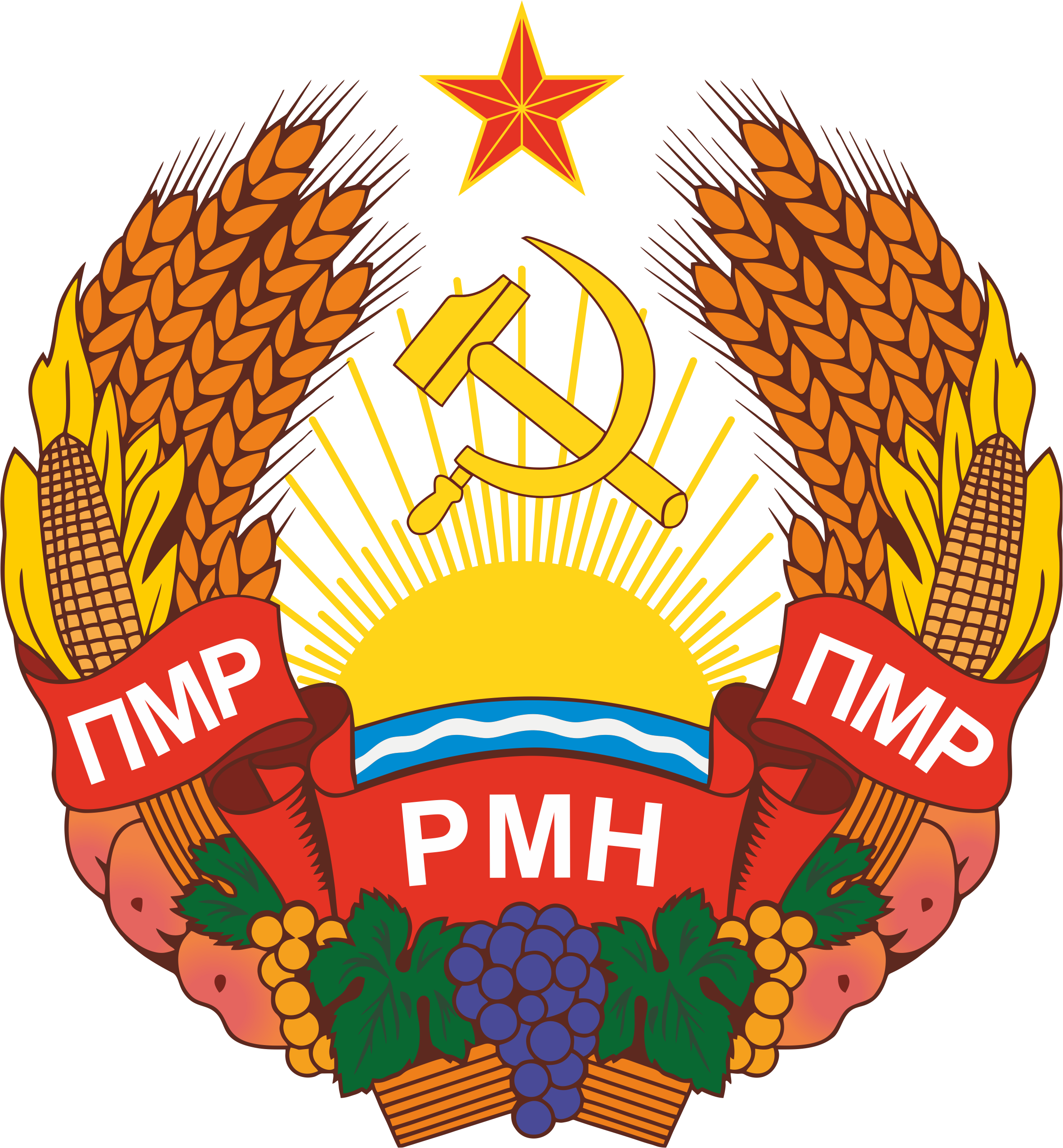Комитет по образованию, науке, культуре, общественным объединениям, спорту, информационной и молодежной политике
The deputies in the first reading in the course of the plenary meeting in December supported a majority of votes a package of legislations designed to stimulate the process of compulsory working out of state-funded graduates and keep young specialists in the republic. The legislative initiative, sponsored by a group of deputies, proposes to consolidate the norm, according to which diplomas of graduation from universities and technical schools will be issued only after mandatory finalization by distribution.
Work on the legislations continued in the relevant parliamentary committee after a long discussion and adoption in the first reading. The deputies of the Committee discussed today the amendments to the legislations in the second reading mode. The amendments propose to establish that instead of documents on education, graduates on the state budget for the period of mandatory work will be given copies of them, certified by the official seal. The procedure for issuing and the period of validity of the copy, as well as the procedure for storing and issuing the original, will be additionally established by the Ministry of Education of the Pridnestrovian Moldavian Republic.
Amendments and additions to the Law of the PMR "On Education", the Law of the PMR "On the Development of Primary and Secondary Vocational Education", the Law of the PMR "On Higher and Postgraduate Vocational Education", the Law of the PMR "On the State Civil Service of the Pridnestrovian Moldavian Republic", as well as to the Labor Code The PMR will be considered at one of the next plenary sessions in the second final reading.
Another issue on the agenda of the Committee meeting is the mechanism of tax deduction for young professionals. Tax deduction in the amount of minimum wages is provided Today to young professionals who have graduated from a university, technical school or college in the first 3 years of work. The right to a tax deduction is for university graduates immediately after graduation. However, young people who did not immediately find a job, but decided to continue their studies at the magistracy, faced difficulties. They found out that instead of the prescribed three years, they would be able to receive a tax deduction for only one year after completing a two-year term of study in the magistracy, when applying for a job.
Deputies of the Youth Parliament paid attention to this problem for the first time. They were supported by the deputies of the Supreme Council. A group of deputies developed law-in-draft that will grant the right to a tax deduction within 3 years not only to bachelor graduates, but also to master graduates, provided that they have not been granted such a deduction before. Amendments and additions to the Law of the PMR “On income tax from individuals” were supported by the deputies in the first reading in November.
Amendments to the law-in-draft were developed for the second reading. It is proposed in particular to establish the age limit for young professionals – 35 years. It is also proposed to equate young specialists with graduates of the medical faculty, who get a job not as doctors, but as junior medical personnel.
Another significant addition concerns the moment when the right to a tax deduction arises. Such a right arises immediately after graduation according to current regulations. Not all graduates immediately find a job and lose time when they can receive a tax deduction as a result. Amendments to the law-in-draft propose to establish that young professionals will be entitled to a tax deduction from the moment of employment. It is provided that they find a job within a year after graduation. Those graduates who started working during their studies will receive a tax deduction immediately after receiving a diploma. If a graduate was called up for military service after graduation, he retains his right to a three-year tax deduction. However, he must find a job within a year after the end of the service.
The deputies supported the law-in-draft and recommended it for adoption at the plenary session in the second final reading.


 Законы ПМР
Законы ПМР Постановления
Постановления Законопроекты
Законопроекты Анонс мероприятий
Анонс мероприятий 0 (533) 6-24-24
0 (533) 6-24-24